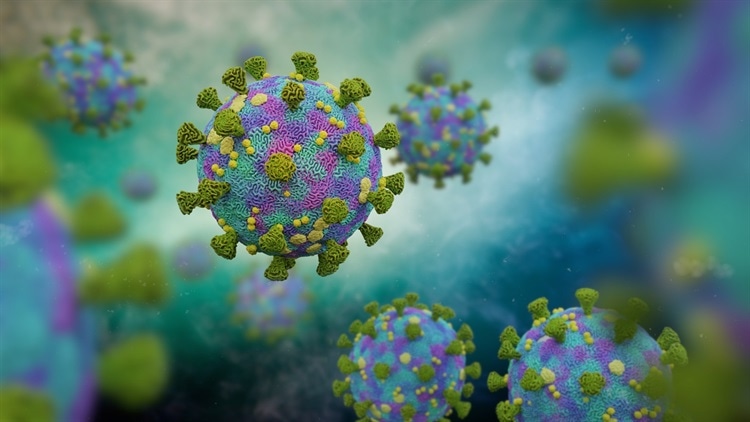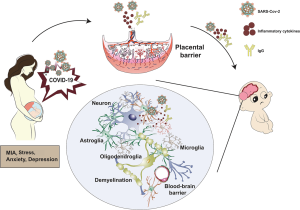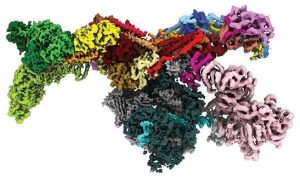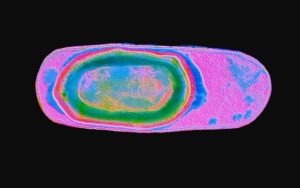
In a recent study that was published in the Lancet, researchers conducted a systematic review of the scientific literature that documented the decreased risk of coronavirus disease 2019 (COVID-19) among people who had previously contracted the severe acute respiratory syndrome coronavirus 2 (SARS-CoV-2) infection compared to people who had no history of the disease.
The efficiency of a prior SARS-CoV-2 infection in preventing SARS-CoV-2 re-infections, including both symptomatic and severe re-infections, was assessed by a meta-analysis of the data gathered (three study outcomes). As far as possible, the researchers stratified their findings according to the SARS-CoV-2 variety that was infected and the amount of time since the last infection. Lastly, they measured the aggregate estimates of protection provided by a prior SARS-CoV-2 infection using a Bayesian meta-regression model.
In the present study, researchers searched peer-reviewed publications, reports, preprints, medRxiv, and news articles in databases, such as PubMed, medRxiv, and Web of Science using keywords, such as SARS-CoV-2, a previous or past infection, natural immunity, or re-infection.
They accrued data from retrospective and prospective cohort studies and case-control studies with test-negative designs. The extracted data encompassed author(s), geographic region, primary and re-infection SARS-CoV-2 variant (ancestral, pre-Delta, Delta, or Omicron), infection outcomes (symptomatic/severe), age, the magnitude of protection (high/low), the median time since infection, time since baseline in weeks, and the test/assay used to determine past infection.
Note that the studies that met the inclusion criteria used antibody testing, reverse transcription-polymerase chain reaction (RT-PCR), rapid antigen test (RAT), or a combination of these to determine past infection status. Further, the team performed a risk-of-bias assessment on each included study by the National Institutes of Health tools and assigned a quality rating of good, fair, or poor.






